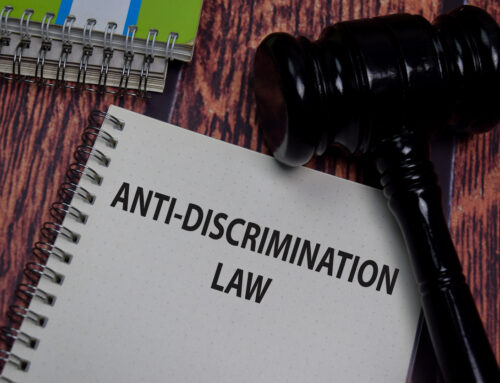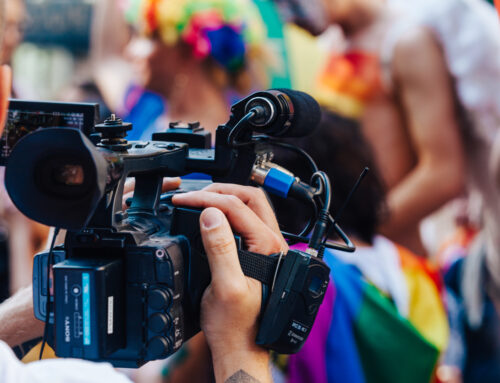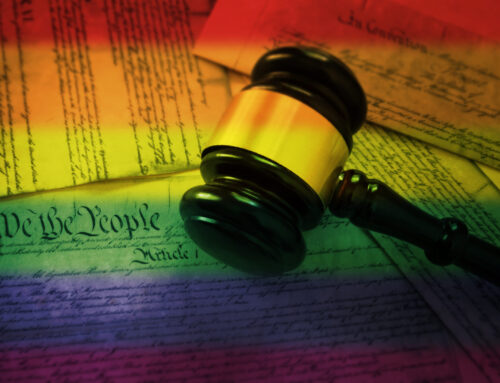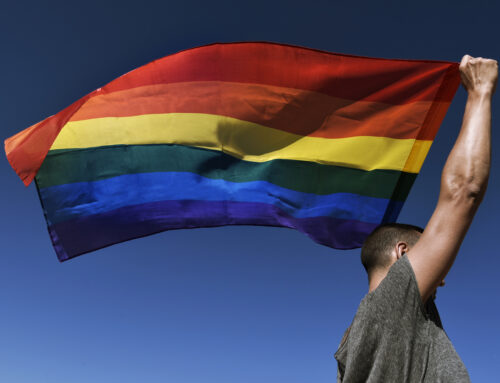The LGBTQ+ communities in the United States and numerous other countries have achieved significant milestones in recent years. However, it’s important to remember that more work remains to be done.
Many countries have been slow to match the progress of others. For instance, there are still countries in which homosexuality is punishable by death.
Everyone with the power to influence these countries’ policies must take all necessary steps to correct these injustices. While the main goal is to enact policy changes, some also suggest that various world-stage-level penalties could also result in much-needed changes.
For example, some Olympians and other public features are increasingly calling for a ban that would prohibit countries where homosexuality is punishable by death from competing in the Olympics. British Olympic diver Tom Daley is one athlete involved in the cause.
How Athletes Are Impacting the Conversation
Daley, who is gay, recently received Jaguar’s Sport Award. He commented on the necessity of penalizing countries where homosexuality warrants a death sentence during his acceptance speech for the award.
Daley said, “I think it’s really important to try and create change, rather than just highlighting or shining a light on those things. So I want to make it my mission over the next, well, hopefully before the Paris Olympics in 2024, to make it so that the countries [where it’s] punishable by death for LGBT people are not allowed to compete at the Olympic Games.”
Daley has also suggested that the organizers of any type of major international sporting event should account for this factor when deciding where to host an event and which countries can participate in it. For example, the 2022 FIFA World Cup is set to take place in Qatar. Global advocacy groups for LGBTQ+ individuals have cited Qatar as a country where being gay can result in a death sentence. Daley has stated, “I think it should not be allowed for a sporting event to host in a country that criminalizes against basic human rights. So, that is going to be my mission now to change that.”
This is not the first time Daley has leveraged his fame in the sporting world to address such issues. Upon receiving his first gold medal at the Tokyo Olympic Games, Daley dedicated his win to the LGBTQ+ community.
How the Olympic Community Views the Issue
Official statements indicate the Olympic Committee supports Daley and others who share his views on this topic. However, according to the Committee’s statements, “At the same time, the IOC has neither the mandate nor the capability to change the laws or the political system of a sovereign country. This must rightfully remain the legitimate role of governments and respective intergovernmental organizations.”
It is technically true that the IOC lacks the power to change the policies of countries where being gay is punishable by death. That said, such statements could suggest that the IOC is not prepared to take significant action in an effort to ban such countries from participating in future Olympic Games.
It is also worth noting that the 2022 Winter Games are slated to be held in Beijing. Anti-discrimination laws in Beijing do not yet offer protection to members of the LGBTQ+ community.
This is not meant to suggest that the activism of Daley and others like him will not yield improvements. It is instead meant to highlight the importance of not being complacent. Empty statements of support are of no use if they do not translate into genuine action.
It’s also important to not underestimate the potential value of excluding countries where homosexuality may result in a death sentence from participating in the Olympics. Historically, the purpose of the Olympic Games has been to bring countries together in a unifying manner. Excluding countries that outlaw homosexuality can send a clear message to those nations, letting them know the rest of the world is not prepared to support their policies in regard to this issue. That may hasten progress.





